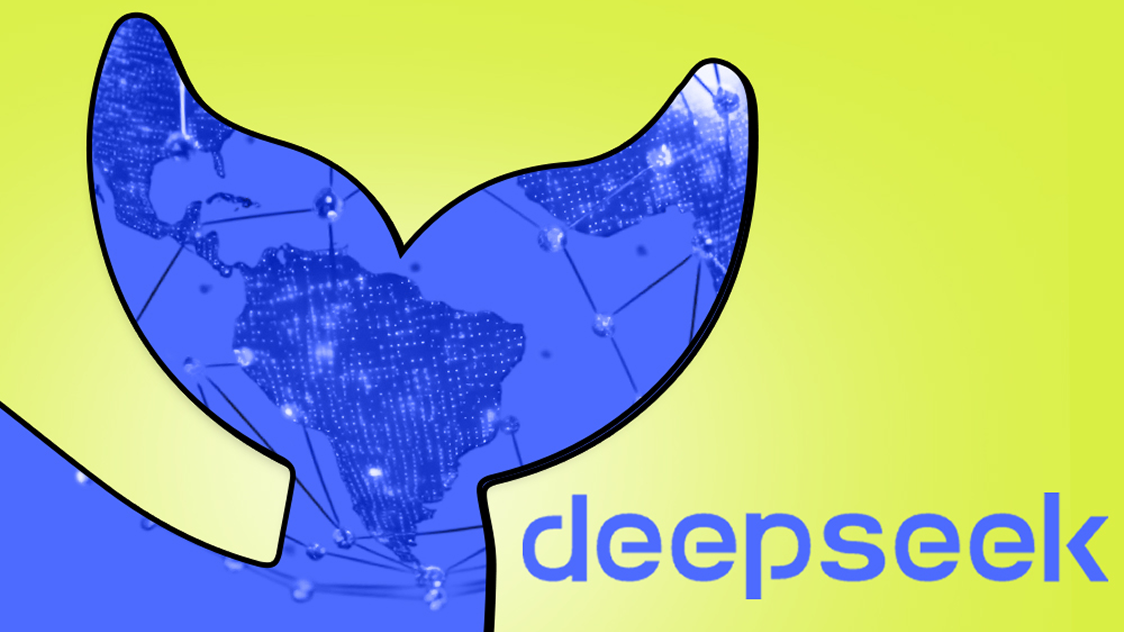



The Chinese AI platform DeepSeek has been met with a wave of concern from countries around the world. The Trump Administration is considering whether to restrict it, it's been prohibited from app stores in Italy, and banned from government devices in South Korea, Australia and, Taiwan.
Corporations see red: Countless businesses have also banished the technology from their networks citing the same fears expressed by governments: the risk of exposure to data theft, cyberespionage and corporate attacks. DeepSeek's terms of service, which specify that user data is stored on servers in China and governed under Chinese law, is a major red flag for those with privacy and security concerns.
Allegations ad nauseam: Although it has consistently denied the allegations, the Chinese government has long faced accusations of conducting espionage campaigns to achieve objectives such as stealing intellectual property from Western organizations and gathering geopolitical intelligence.
Concerns in Australia: Responding to the Australian Federal Government's decision to ban DeepSeek from the country's government systems and devices, academics from the University of Sydney pointed to multiple risks the platform posed, both to federal agencies and private citizens.
"Government agencies typically manage highly sensitive information, and there are worries that DeepSeek’s extensive collection of data – such as device details, usage metrics, and personal identifiers – could expose confidential information to vulnerabilities if accessed or stored outside Australian borders," said Uri Gal, a Professor of Business Information Systems.
"Although the open-source nature of the model offers transparency regarding its code, it does not guarantee that user data is handled solely within Australia or according to local privacy standards. This risk of cross-border data access is a key factor behind the ban."